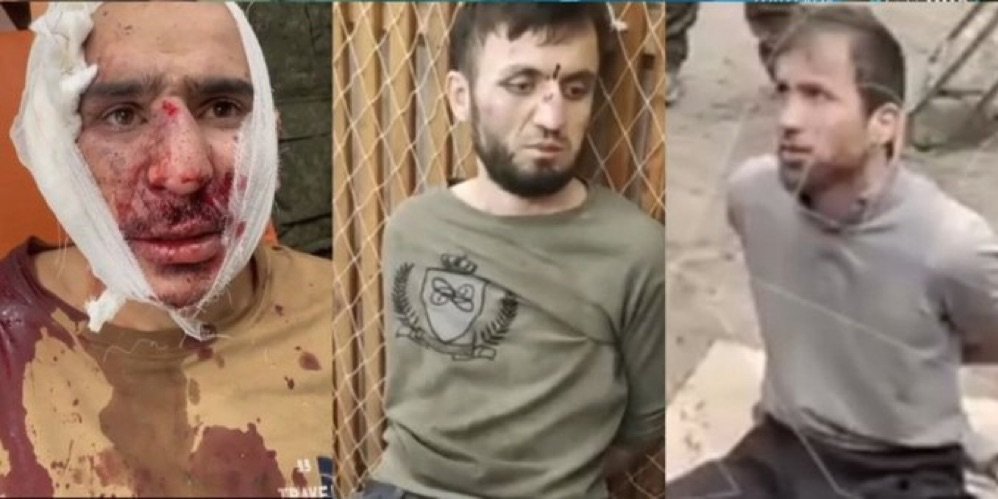The Geneva Conventions and their Additional Protocols form the core of international humanitarian law, specifically designed to limit the barbarity of war. Article 3 common to the four Geneva Conventions prohibits violence to life and person, in particular murder of all kinds, mutilation, cruel treatment, and torture, against persons taking no active part in hostilities. The described act of violence against a prisoner of war (POW)—the mutilation with a razor blade—stands in direct violation of these provisions, marking it as a war crime.

This incident not only breaches the explicit legal protections afforded to POWs but also contravenes the fundamental principles of humanity and dignity that underpin international law and human rights standards. War crimes are serious violations that undermine the integrity of the international legal system and demand accountability. Through documenting, analyzing, and publicizing such incidents, the international community reinforces the normative frameworks that seek to protect individuals even in the context of armed conflict, emphasizing the necessity for adherence to the laws of war and the pursuit of justice for victims.
WARNING: GRAPHIC CONTENT – This report contains detailed descriptions of violence and inhumane treatment of a prisoner of war. The content may be disturbing and is intended for a mature audience. Reader discretion is advised.












